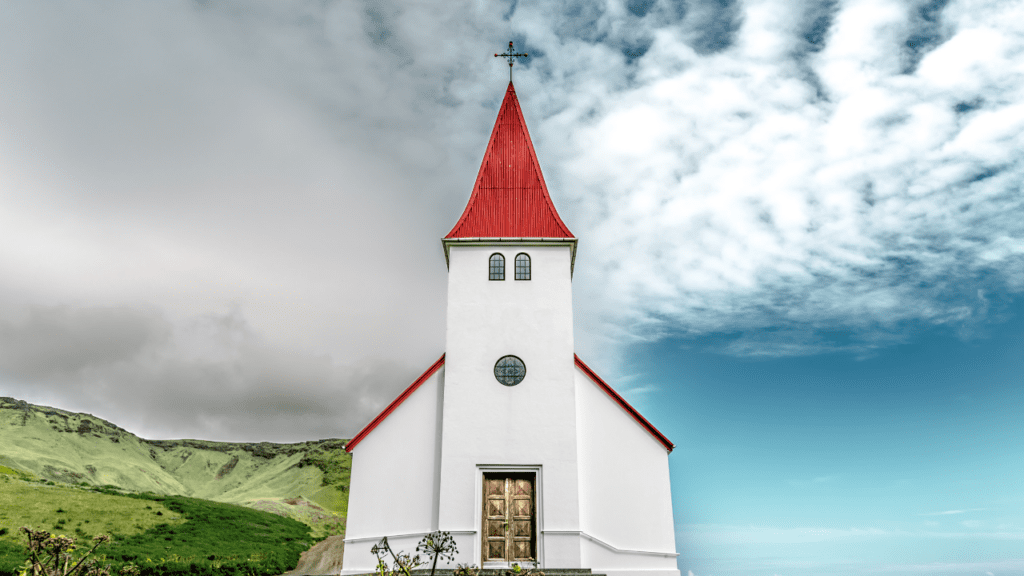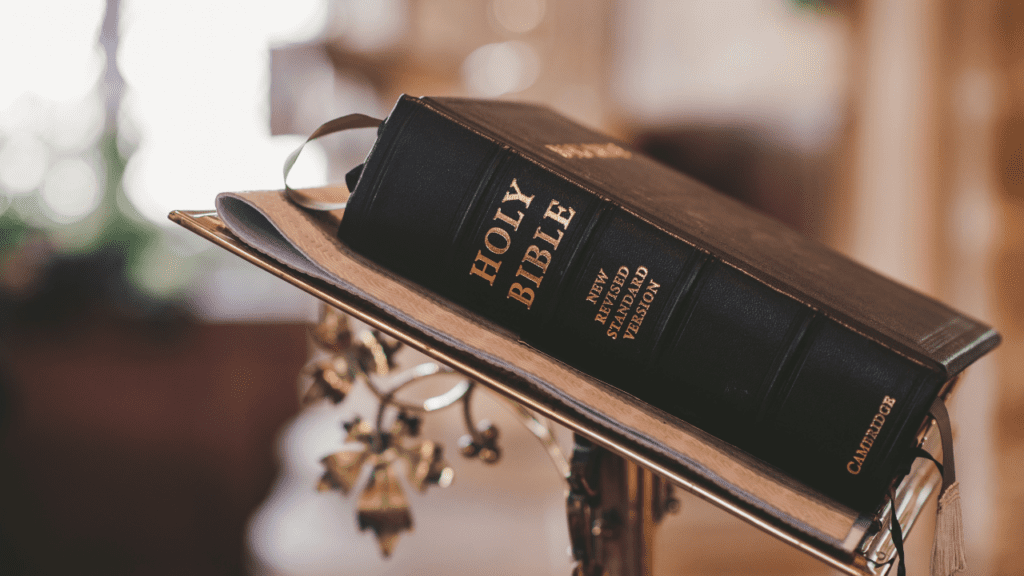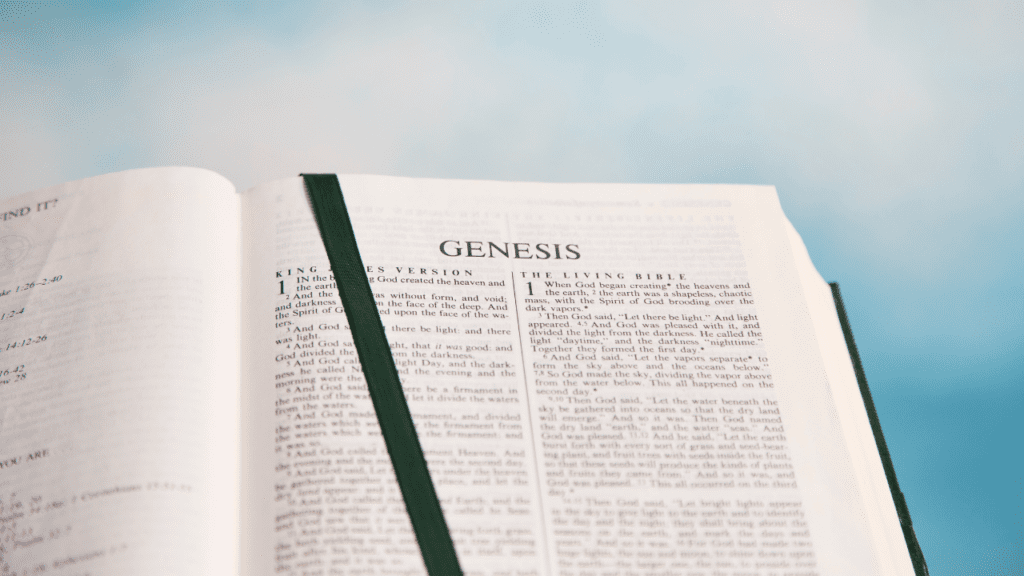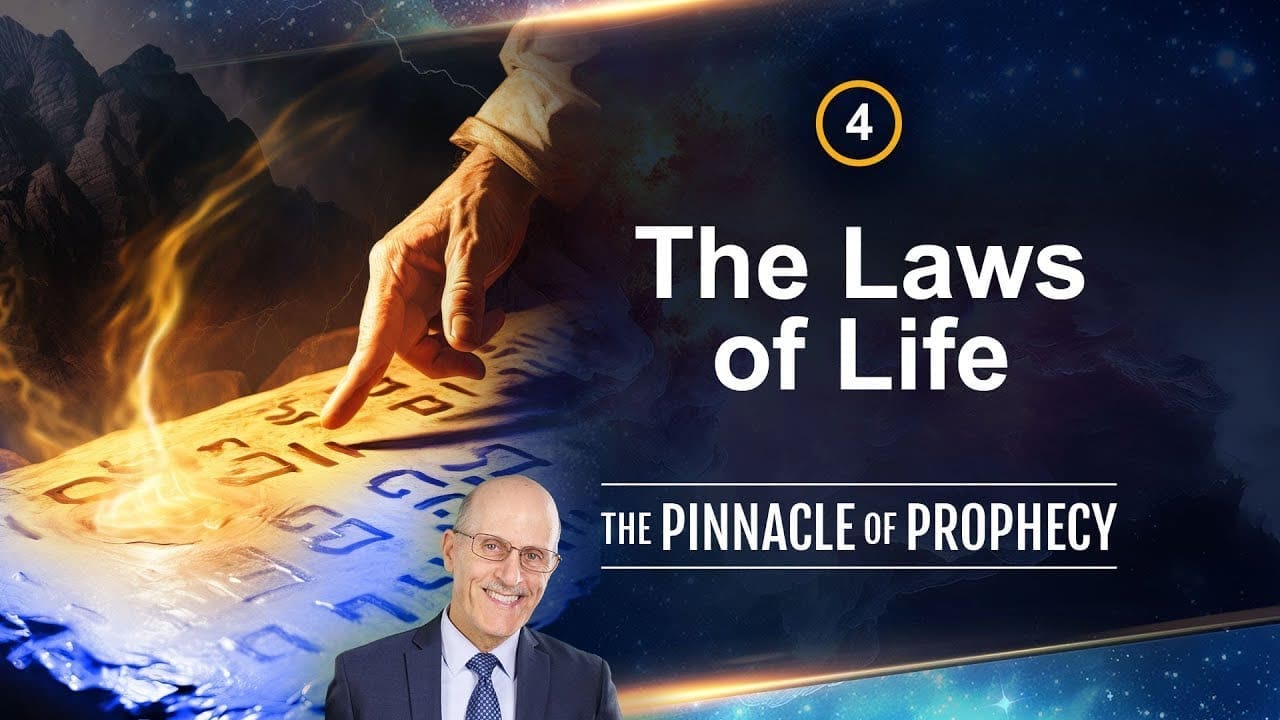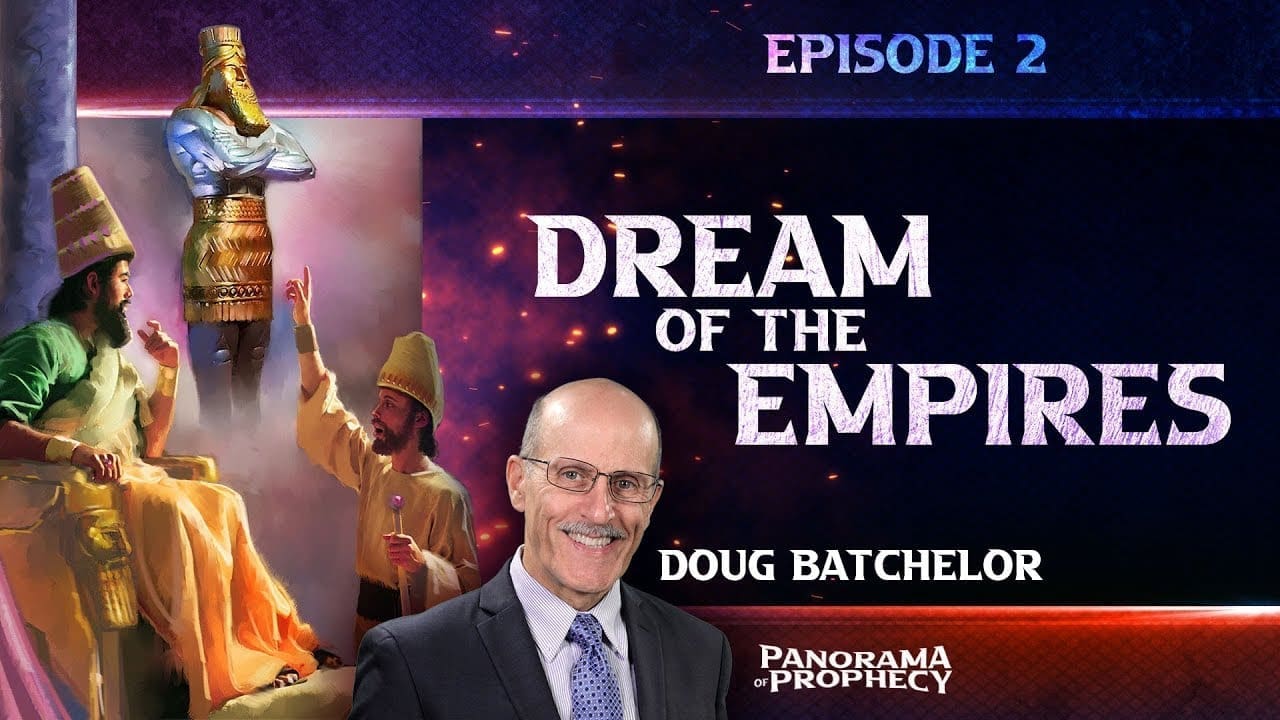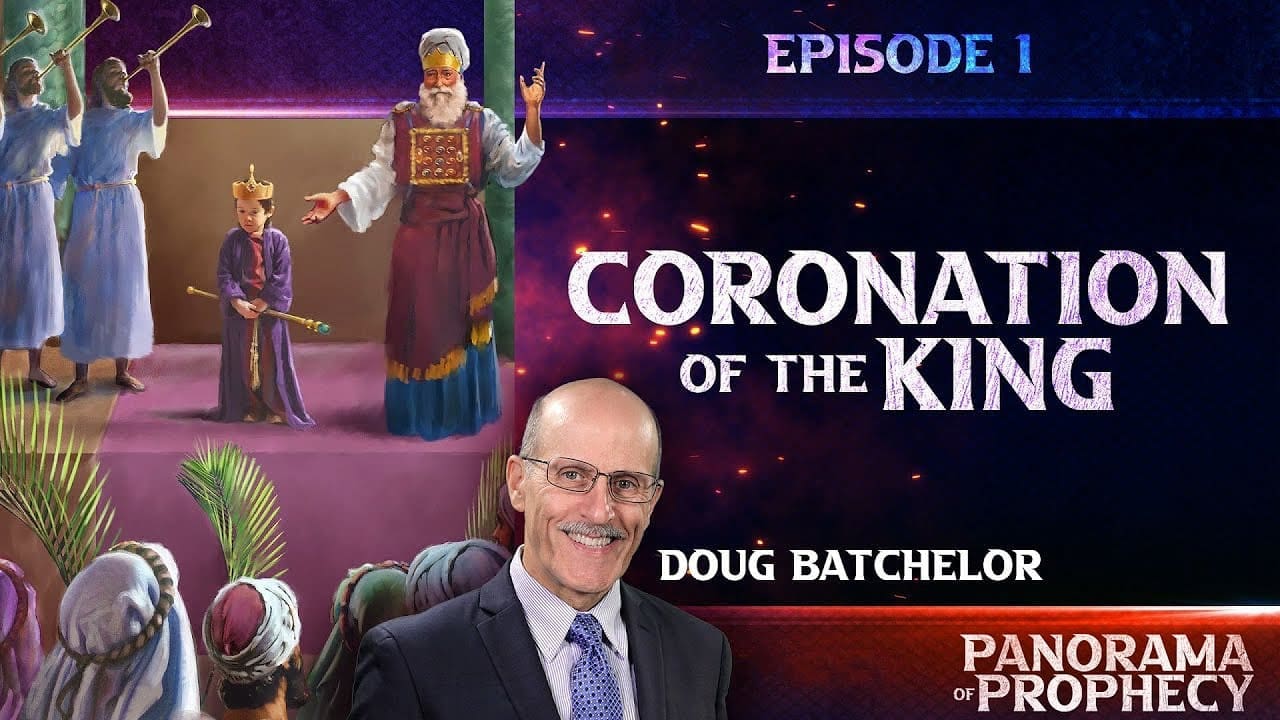The transition from observing Saturday as the Sabbath to designating Sunday as the day of worship doesn’t find its roots within the Bible. Both the Old and New Testaments consistently regard the seventh day, Saturday, as the Sabbath. Jesus and His disciples adhered to this weekly pattern, and there’s no evidence of any shift being implemented. In his letters, the apostle Paul never touched on any controversy or disagreement related to the day of worship.
The move from Sabbath observance to Sunday worship transpired in the early centuries of the Christian church, especially after the apostolic period. Apostasy and heretical teachings began to permeate the church, influenced by Gnosticism and anti-Jewish attitudes. These doctrines led to speculative interpretations of religious teachings.
The Conversion of Constantine
The conversion of Constantine, the first proclaimed Christian emperor of the Roman Empire, had a significant influence on the shift. Before a battle, Constantine experienced a vision which he interpreted as a sign to convert to Christianity. However, many of his soldiers and followers clung to pagan beliefs and practices, including sun worship. To accommodate these pagan converts, Constantine chose for their day of worship, Sunday, over the traditional Sabbath observed by Jesus and His disciples.
Sun Worship
Sun worship, specifically the cult of Mithraism, was a prevalent religion in the Roman Empire during that period. Mithraism had its own day of worship, the ‘Venerable Day of the Sun’, which was the first day of the week, thus the term ‘Sunday’. Constantine’s acceptance of Sunday as the day of worship was made easier by the growing anti-Jewish sentiment among Christians who sought to separate themselves from Jewish practices. Therefore, a potent civil law was enacted by Constantine, enforcing the change from Sabbath to Sunday worship.
Historical accounts and various resources, both Catholic and Protestant, endorse the assertion that the shift from Saturday to Sunday worship was instituted by the Catholic Church.
Catholicism Takes Credit for the Change
The Catholic Church itself has accepted its part in initiating the change. Catholic leaders and catechisms state that the switch of the solemnity from Saturday to Sunday was made by the authority of the church, not based on biblical mandate.
Here’s a quote from the Catholic Press newspaper in Sydney, Australia: “Sunday is a Catholic institution, and its observance can only be justified on Catholic principles. From start to finish of Scripture there isn’t a single passage that justifies the shift of weekly public worship from the last day of the week to the first.”
The Catholic Mirror of September 23, 1894, articulates it this way: “The Catholic Church, for over one thousand years before the emergence of a Protestant, by virtue of her divine mission, transitioned the day from Saturday to Sunday.”
To illustrate the assertions we’re discussing, I want to quote from two Catechisms. First, from the Convert’s Catechism of Catholic Doctrine by Reverend Peter Giermann: “Question: Which is the Sabbath day? Answer: Saturday is the Sabbath day. Question: Why do we observe Sunday instead of Saturday? Answer: We observe Sunday instead of Saturday because the Catholic Church, in the Council of Laodicea, moved the solemnity from Saturday to Sunday.”
Secondly, from Reverend Steven Keenan’s Doctrinal Catechism we read: “Question: Have you any other method of proving that the Church has the power to institute festivals of precept? Answer: If she didn’t have this power, she couldn’t have achieved that which all modern religious individuals agree with her on; she couldn’t have replaced the observance of Sunday, the first day of the week, with the observance of Saturday, the seventh day; a change for which there is no Scriptural support.”
Then from Cardinal Gibbons’ book, The Question Box, p.179, “If the Bible is the only guide for the Christian, then the Seventh-day Adventist is correct in observing Saturday with the Jew. Isn’t it peculiar that those who consider the Bible their sole teacher should inconsistently adhere to this matter the tradition of the Catholic Church?”
One more statement taken from the book, The Faith of Millions, p. 473: “But since Saturday, not Sunday, is specified in the Bible, isn’t it interesting that non-Catholics who claim to derive their religion directly from the Bible and not from the Church, observe Sunday instead of Saturday? Yes, of course, it’s an inconsistency, but this change was made about fifteen centuries before Protestantism was established, and by that time the custom was universally practiced. They have persisted in this custom even though it relies on the authority of the Catholic Church and not on an explicit passage from the Bible. This observance remains as a reminder of the Mother Church from which the non-Catholic sects separated, akin to a boy running away from home but still carrying in his pocket a picture of his mother or a strand of her hair.”
It’s essential to note that these historical facts are not meant to pass judgement or critique on any specific religious group. The intention is to provide an objective understanding of how and when the shift from Sabbath to Sunday worship happened.




